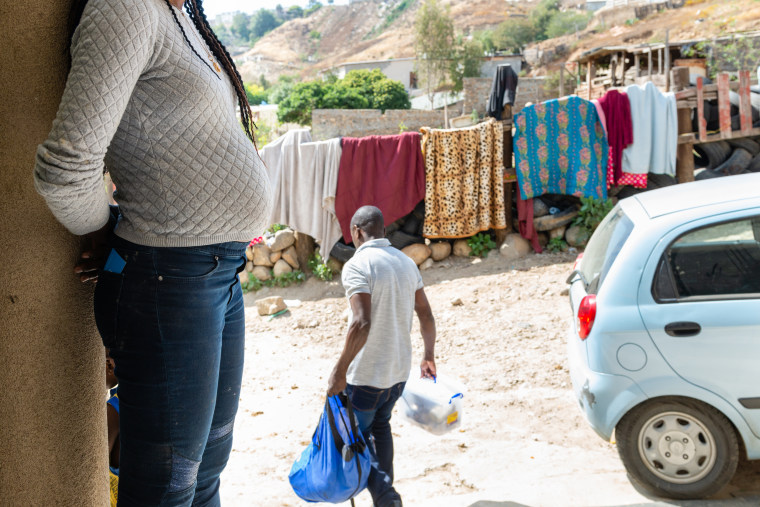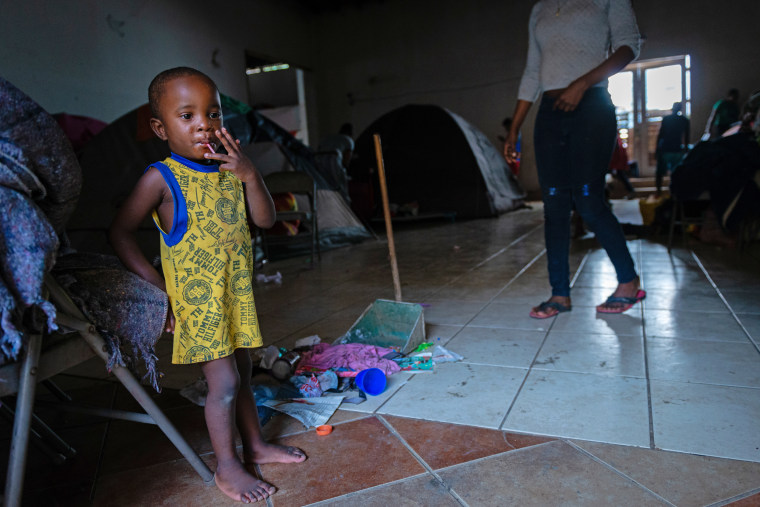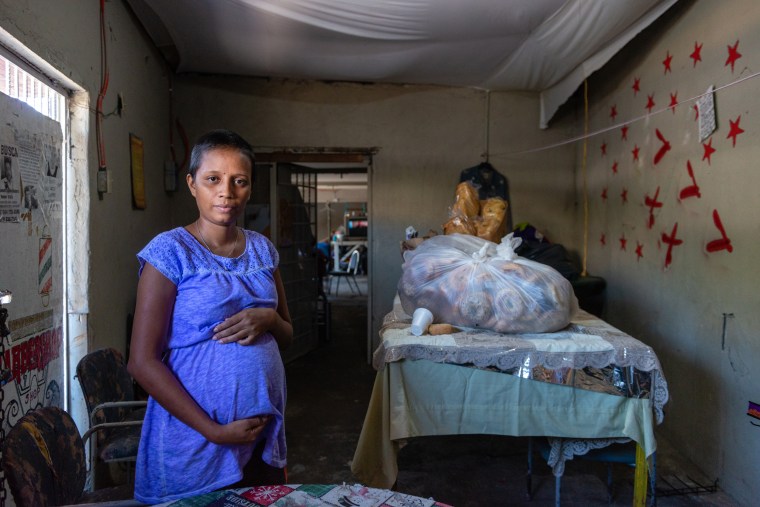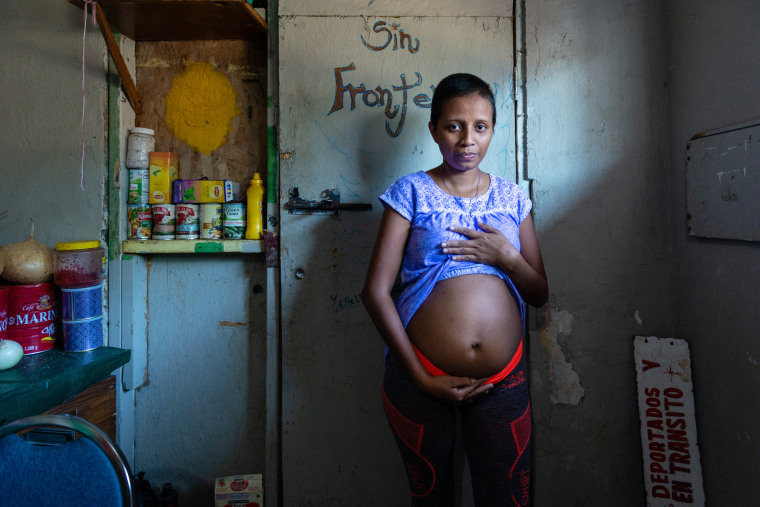TIJUANA, Mexico — A growing number of expectant mothers are among the migrants coming in daily from Honduras, Guatemala, El Salvador — even Haiti — to more than 30 already overflowing shelters in Tijuana, Mexico.
“More women are arriving pregnant or with babies,” said pastor Gustavo Banda of the Embajadores de Jesús (Ambassadors of Jesus) church, which operates a shelter in Cañón del Alacrán (Scorpion’s Canyon) on the outskirts of Tijuana. “We have a lot of Haitian women and some Central American.”
Some women also get pregnant while they wait.
These pregnant women are here because the Trump administration’s “Remain in Mexico” program requires some U.S.-bound asylum applicants to register at ports of entry and then return to Mexican border cities to wait as their claims are processed.
It’s a period of great anxiety, if only because many want their children born in the United States. The U.S. Constitution guarantees that every child born on American soil automatically becomes a U.S. citizen. Mexico also offers birthright citizenship, but it's not exactly the same: A child born in Mexico, regardless of their parents' nationalities, automatically becomes a Mexican citizen when they turn 18.


U.S. Customs and Border Protection keeps no record of how many pregnant women have applied for asylum, but Mexican shelters report the number is rising.
As the days, weeks and months pass while these women wait, obtaining prenatal care is difficult. They rely primarily on volunteer medical workers for their checkups, sonograms, ultrasounds and prenatal vitamins. Inconsistent prenatal care leaves them vulnerable to miscarriage and other complications.
Some shelters schedule visits from doctors and nurses, while others coordinate care with local clinics.

But the biggest health challenge these women face is finding a place to deliver their babies in Mexico if they’re still waiting for their asylum cases to be heard.
To give birth in a Mexican hospital, they must sign up for the Seguro Popular health insurance program — similar to Medicaid in the U.S. But to qualify for an in-hospital birth, they must have obtained an ultrasound, which has been a difficult requirement for most of these women to meet, said Phil Cañete, clinic coordinator for the nonprofit Refugee Health Alliance.
“Issues like language, transportation and knowledge of local resources create barriers for adequate prenatal care or proper delivery,” Cañete said.
Follow NBC Latino on Facebook, Twitter and Instagram.
